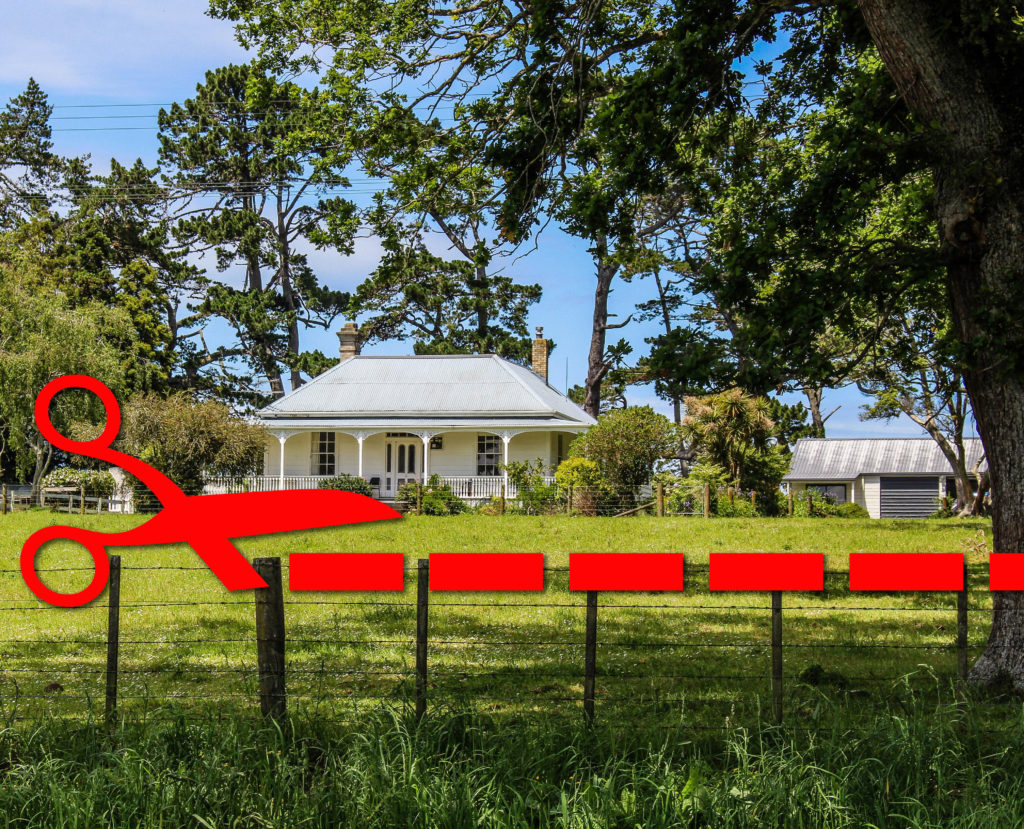News
The Florida Land Use and Environmental Dispute Resolution Act (Section 70.51 Florida Statutes)
 State and local governments may deny or revoke various forms of property rights in certain circumstances, but these governments’ power to do so is subject to limitations. Oftentimes government oversteps its boundaries and issues unfair decisions regarding property rights. One way to resolve the denial of property rights is through litigation, where there is obviously a high degree of risk along with uncertainty associated with taking this route. Another less publicized, but increasingly popular alternative to resolving property rights grievances with governmental entities is through alternative dispute resolution, which includes Florida Land Use and Environmental Dispute Resolution Act (the “Act”), (which is codified at Section 70.51, Florida Statutes).
State and local governments may deny or revoke various forms of property rights in certain circumstances, but these governments’ power to do so is subject to limitations. Oftentimes government oversteps its boundaries and issues unfair decisions regarding property rights. One way to resolve the denial of property rights is through litigation, where there is obviously a high degree of risk along with uncertainty associated with taking this route. Another less publicized, but increasingly popular alternative to resolving property rights grievances with governmental entities is through alternative dispute resolution, which includes Florida Land Use and Environmental Dispute Resolution Act (the “Act”), (which is codified at Section 70.51, Florida Statutes).
Unlike litigation, the Act provides a speedier and more informal process for resolving unfair decisions regarding permit applications or enforcement actions that are unreasonable and/or impose unfair burdens on a property owner. If a permit relating to the development of real property is denied, approved, or conditionally approved by either a local or state governmental entity, the property owner may be entitled relief under this Act by filing a request for relief with the local government within 30 days of the rendering of the decision. The Act also applies if a governmental entity issues an enforcement action that would affect the use of one’s real property. For example, one may be entitled to relief under the Act if his or her zoning application were denied or driveway connection permit is revoked.
Through this Act, development order disputes may potentially be resolved through a public-mediation process, wherein both sides consider alternatives to the issued developmental order or enforcement action. The goal is for both sides to find an agreeable solution; however, if mediation does not achieve a compromise, the special magistrate overseeing the process will, subject to the aggrieved party’s request, invoke informal proceedings.
In this instance, the property owner has “the sole discretion to initiate the special magistrate process and also effectively controls the length of the process because the owner may withdraw his or her request for relief at any point in the process and pursue other remedies.”1 If proceedings progress, the government shares the cost of the proceedings, and at the close of the proceedings, the property owner can approve or disapprove the special magistrate’s recommendation before it is presented to the governmental entity. If the owner disapproves of the decision, proceedings are terminated. At this time, the property owner may seek relief through litigation if he or she desires as the filing of a request for relief under the Act tolls the time for filing litigation.
Some of the terms of the Act were intentionally left vague, so it can be difficult and confusing for less experienced individuals to successfully navigate through the various steps of the process in an efficient, cost effective way that will fully maximize the Act’s advantages and, as intended, lead to a quicker and more inexpensive resolution for all parties involved. For more information about the Act generally, see the article available through this Link or contact our firm which has handled numerous proceedings under the Act, including serving as Special Magistrate. For more information about how the Act may benefit you in your current situation, please feel free to contact our firm.
_________________________________________________
1 Mark S. Bentley, Understanding the Florida Land Use and Environmental Dispute Resolution Act, 37 Stetson L. Rev. 381, 388 (2008).

